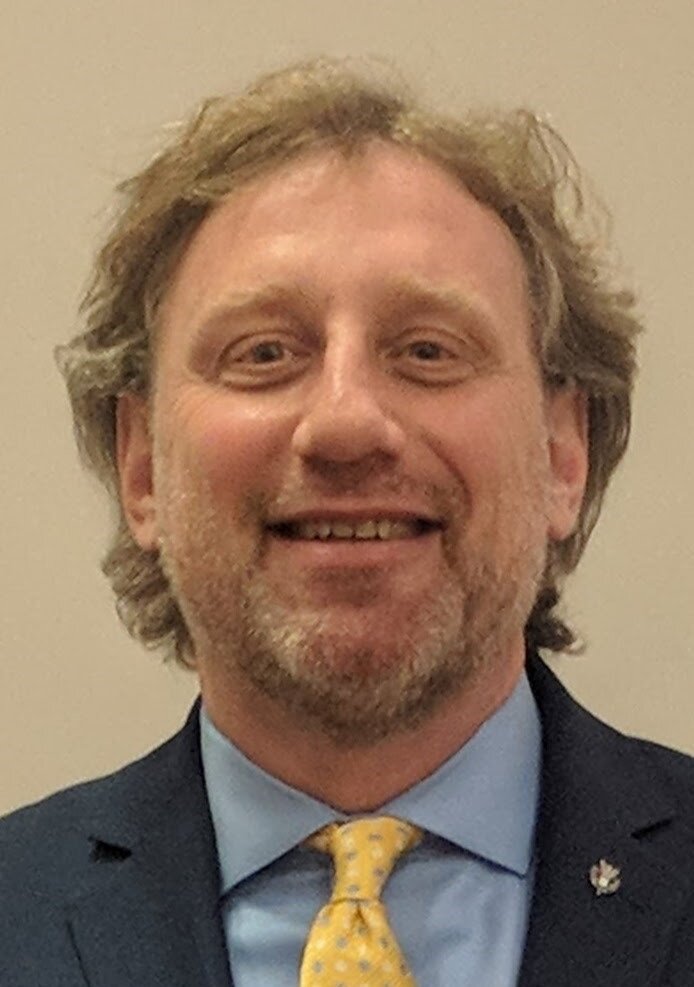By
Jac A. Charlier, M.P.A., Executive Director, Police, Treatment, and Community Collaborative (PTACC) and
John Rosiak, M.A., Principal of Prevention Partnerships
The COVID-19 pandemic is re-shaping our lives, rapidly, and right before our eyes. While we cannot see the coronavirus without a microscope, its impact is absolutely visible—pain, suffering, and death, as well as the unfolding tragedies of job loss, hunger, and homelessness. And still, beyond this, we know that even more is happening out of sight but will soon enough, tragically, become clear. Namely, we will see an expected increase in mental health issues, alcohol and drug use, domestic violence, and child abuse. Advocates are already warning that the “virus forebodes a mental health crisis” https://www.rollcall.com/2020/04/10/virus-forebodes-a-mental-health-crisis/ Since we know this is coming, we can have the foresight to prepare today to be ready to act tomorrow.
To know what to do for our response to the COVID pandemic, we can learn from what has happened in the opioid epidemic, still unfolding and having a double impact on people who are also suffering from substance-use disorder. From this experience, all of us who work on saving lives bring valuable experience. For example, partnerships between the police and treatment providers are demonstrating valuable new approaches by working together to “deflect” or divert someone who is using drugs into treatment, rather than the justice system. (https://www.policechiefmagazine.org/wp-content/uploads/Policyreform_September2015.pdf).
In these collaborative ventures, law enforcement learned to work side-by-side with drug treatment staff, peers, and people in recovery. The treatment providers themselves learned to work alongside police, as they reverse overdoses, connect people to treatment, promote recovery, and save lives.
Deflection is not about arrest or using police for enforcement. Instead, deflection relies on the simple fact that police encounter tens of millions of people a year and so can be both eyes and ears in the service of public health. The criminal justice and treatment system have faced collaboration challenges in the past. But, working together, these partners have overcome these challenges and responded to the opioid overdose crisis to save lives. We can use learnings from past police and health partnerships dealing with opioids and other drugs, and rapidly adapt them as we figure out new ways we can save lives in an era of pandemic.


